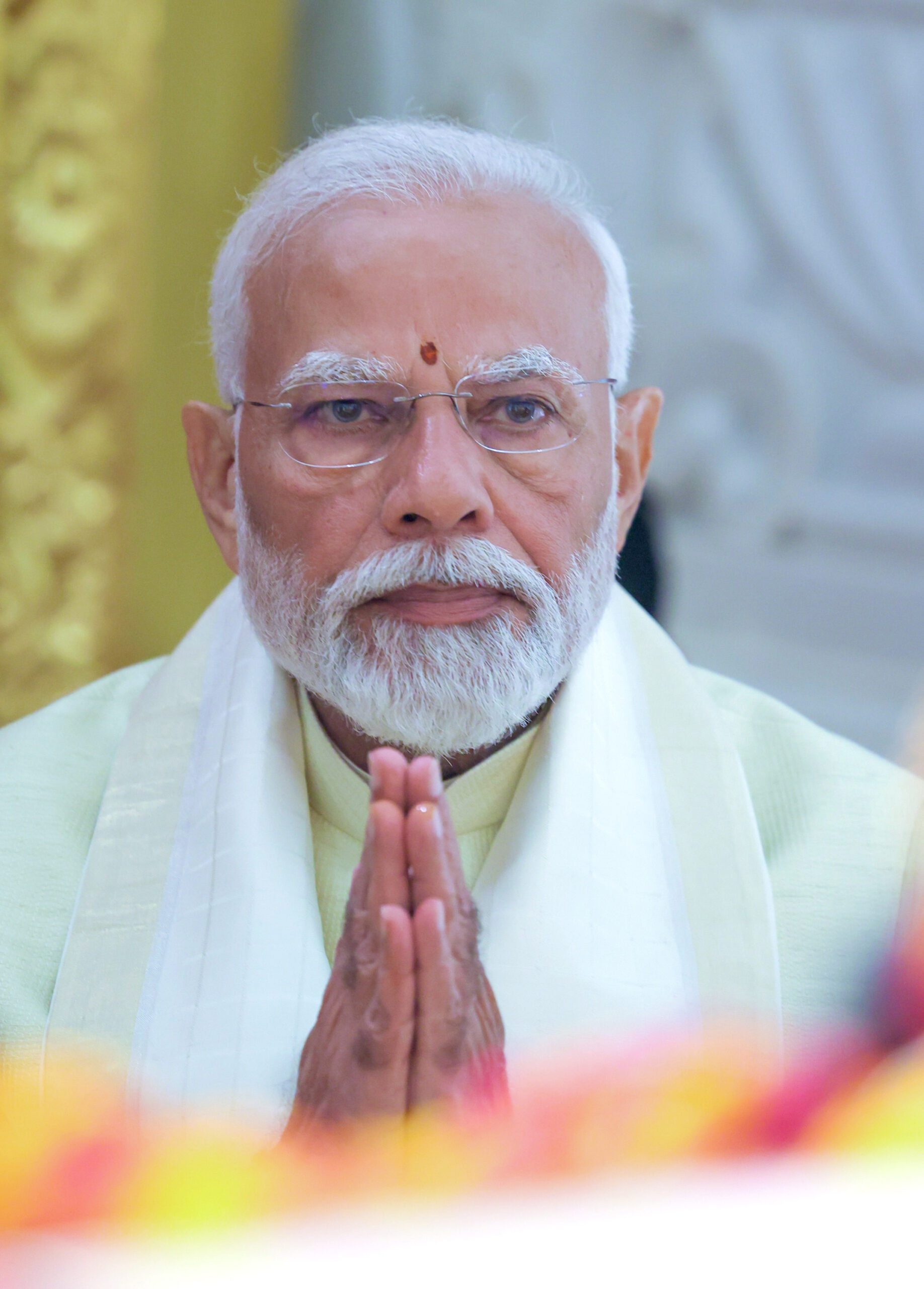
After a political uproar, Pakistan’s government has reversed course on proposals to allow restricted imports of sugar, cotton, and wheat from India. The Pakistani government’s economic coordination committee declared on Wednesday that import permits would be allowed in an attempt to curb the country’s spiraling inflation, but lawmakers slammed the perceived warming of ties with India.
When asked why the trade was reopened amid the Kashmir tensions, Pakistan Finance Minister Hammad Azhar said the government made the decision “in the interest of the people.”
However, Sheikh Rashid Ahmed, the Interior Minister, told reporters on Thursday that the announcement had been “deferred” until India reinstated Kashmir’s special status.
When Jammu and Kashmir was declared a Union Territory in 2019, Islamabad suspended economic and diplomatic contacts with India.
Both countries fired or withdrew their top ambassadors, as well as consular personnel.
Since then, there has been a tense standoff, but recent signs of progress include Prime Minister Narendra Modi and his Pakistani counterpart Imran Khan exchanging letters, as well as the resumption of talks last week on the use of water from the Indus River, which they share.
Pakistan’s economy is in a slump, exacerbated by the reintroduction of partial lockdowns across the world due to a third outbreak of the coronavirus pandemic.
The import of half a million tonnes of sugar would have cut prices by up to 20% ahead of the upcoming Ramadan fasting month when demand soars.
The economic committee also cleared the way for the importation of three million tonnes of wheat, as well as undisclosed amounts of cotton and yarn.
According to Bloomberg, the United Arab Emirates brokered covert back-channel talks between India and Pakistan last week.
The announcement of the Pakistani government elicited no immediate response from Indian authorities. India had previously dismissed Pakistan’s position on the developments in Jammu and Kashmir as an internal affair.






